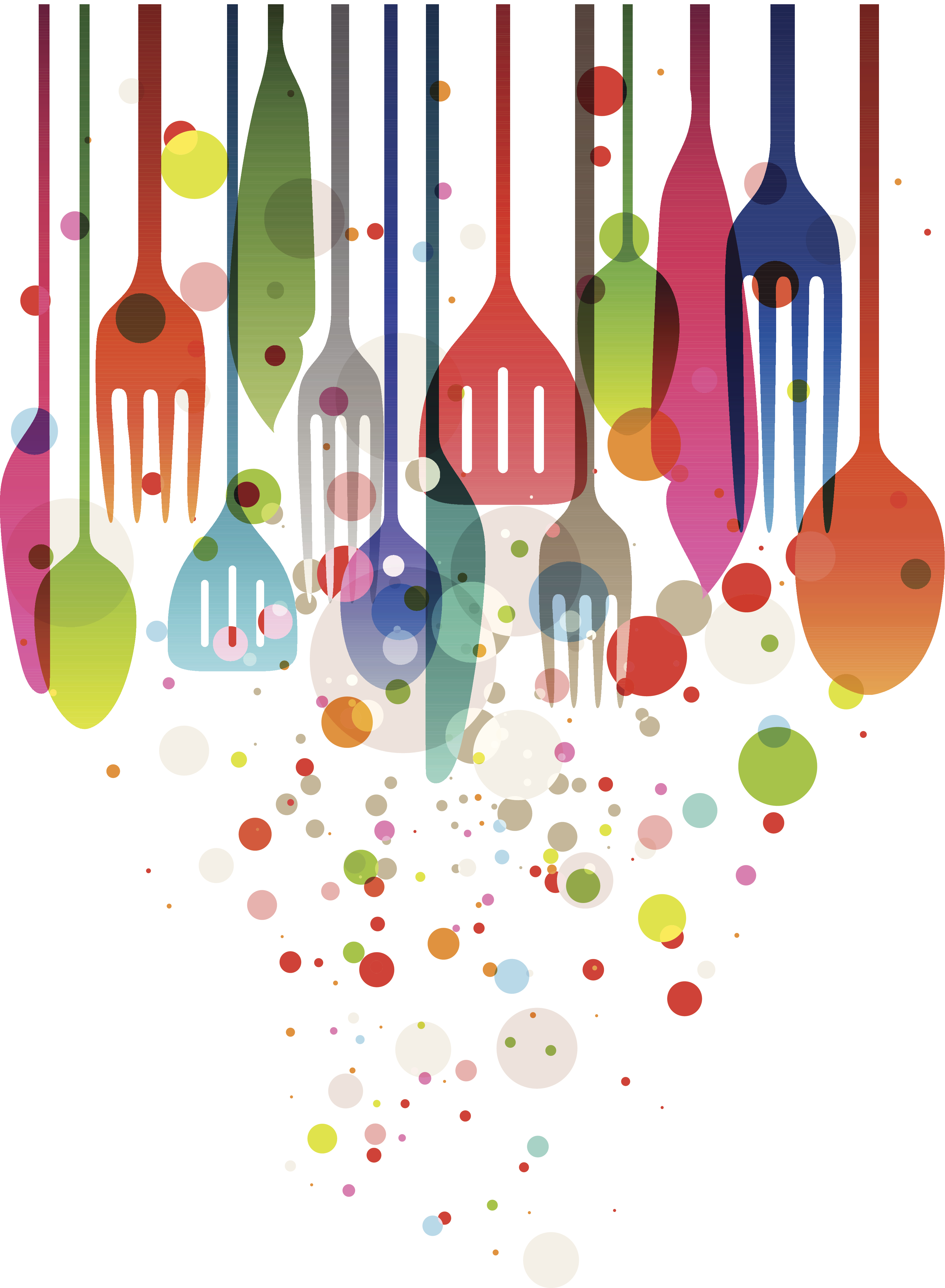Lately there seems to be much debate about the rise of food culture, specifically the sensationalism or fetishism of it. Celebrity chefs, the proliferation of new restaurants, the posting of meals on Instragram. Is all of this attention a good or bad thing? We asked our Seattle Weekly Food Panelists to tell us how they feel about what’s going on in the culinary world. Here’s what they had to say:
Grace Doyle Home Cook, Former Board Member of Slow Food Seattle
“I think it’s probably true that there are a certain number of people who are inspired to go to cooking school or get cooking jobs with the goal of getting on TV or acquiring fame of the celebrity chef type. My guess would be that most of these folks don’t last in the kitchen very long: cooking is a hard job, and not something I can imagine anyone without a true interest in or love of the craft would stick with. In terms of whether people are too intense about food and cooking: I used to work with a very smart farmer who, although prone to eye-rolling when topics like biodynamics were discussed, was always the first to remind us that any philosophy that inspired a farmer to spend more time out on his land, paying attention to what was going on, was sure to be a good thing for his crops and those who enjoyed them. I feel a bit the same about the culture of food/chef/restaurant worship: if people are paying more attention to what they are eating, where it’s from, and how it’s prepared, what can be bad about that?”
Kuo-Yu LiangWriter, The Hungry Traveler
“What’s wrong with being on TV or being successful? People choose to be in the food business for their own reasons. I do not wish to denigrate those seeking fame, nor do I worship those doing it for passion. I seek good food, period.”
Leslie LaRue Macaroon Lover, Keeper of Chickens
“I would agree that the culture as a whole has become a bit much. For example, recently someone rolled their eyes at me when I mentioned sundried tomatoes. Apparently they’re very early 90’s. At the same time, I do love that the average Joe can start his or her own blog and talk about food and cooking because they’re that excited about it, they want to share ideas and recipes with other people that love food. We forget, this hasn’t always been the case. I just finished reading My Life in France by Julia Child and it really put things in perspective for how recently (1950’s) the average American wasn’t really interested in cooking complex or more gourmet meals. They were content with a pork chop, maybe some green beans and mashed potatoes, but the art and science of cooking at home hadn’t really been developed. So, although there might be a few too many fame-hungry chefs and hoity-toity restaurant worshippers out there, I think the balance of how far we’ve come in our own kitchens and getting creative with food is worth the price.”
Sheri WetherellCo-Founder and CEO of Foodista.com
“There are plenty of people who do cook for passion and do not aspire to being on TV. In fairness to those who are on TV, they have been instrumental in getting people interested in food and cooking – something our culture had been lacking for decades. We’re finally getting to a place where people are talking about where their food comes from, how it’s raised, cooking more like our grandparents did, ditching the boxed dinners for homemade ones, growing heirloom varieties like the old days, etc… I say let people eat what they want to eat, cook what they want to cook, then talk about it as much as they want.”
Austin Dienst Board Member of the Market Foundation
“Here in Seattle I feel like there is a bounty of chefs who want to cook for a living, and are doing a hell of a good job at it. Seattle has such great local ingredients and very savvy diners who want real food. When I look at the chefs who deliver this type of experience I see many successful chefs, but, I don’t see any who are trying to rule the world, or become TV stars.”
Kathleen FlinnNYT best-selling author, fearless cook
I’m embarassed to admit it, but I’ve eaten Tuna Helper while watching Gordon Ramsey.”That’s a quote from a volunteer in the project at the heart of my second book, The Kitchen Counter Cooking School. It’s a funny line, but illustrates a legitimate issue: elevating food and chefs to a pedestal ends up intimidating home cooks. The woman who made this comment articulated something several cooks told me, that they felt insecure about their cooking skills when they compared them to what they saw on TV. Somewhere people developed unrealistic ideas about what they should be able to turn out at home, and cooking took on the aura of a spectator sport. Yet, home cooking has been documented to help to curb obesity, diabetes, high blood pressure and even help kids get better grades. What I don’t like about the culture of chef worship and food fetishes is that it keeps people on the sidelines, observing and commenting, when they should be cooking fearlessly in their kitchens.”




